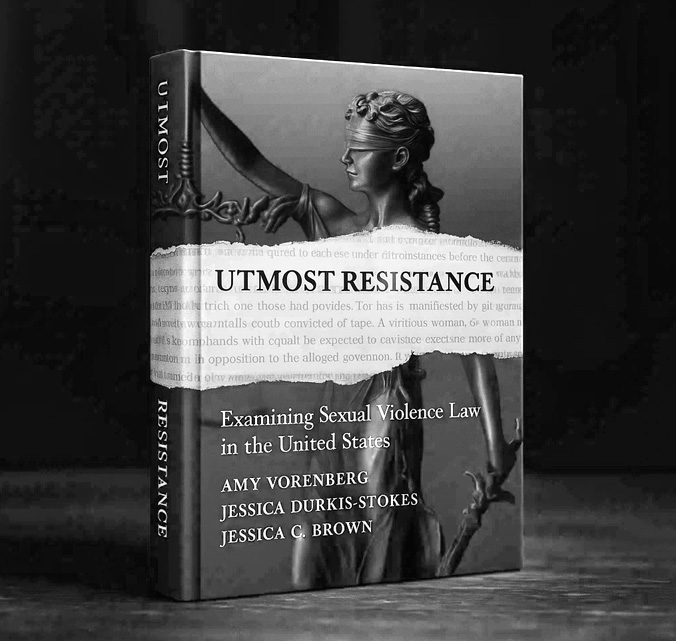Political scientist Vanessa Tyson discusses speaking out against sexual violence, first against her father and then against Virginia Lieutenant Governor Justin Fairfax.
Show Notes

About Vanessa Tyson
https://www.scrippscollege.edu/offices/profile/vanessa-tyson

Twists of Fate
By Vanessa C. Tyson
https://global.oup.com/academic/product/twists-of-fate-9780190872809?cc=us&lang=en&
Tyson, V. 2019. “Understanding the Personal Impact of Sexual Violence and Assault.” Journal of Women, Politics & Policy, 40(1): 174–183. https://doi.org/10.1080/1554477X.2019.1565456
https://www.tandfonline.com/doi/full/10.1080/1554477X.2019.1565456
https://casbs.stanford.edu/people/vanessa-tyson
https://www.nytimes.com/2019/02/06/us/politics/vanessa-tyson-justin-fairfax.html
The article I refer to is Chapter 16 by Kelly Cue Davis et al. “Women’s Sexual Violence Victimization and Sexual Health: Implications for Risk Reduction,” in Lindsay M. Orchowski and Christine A. Gidycz, eds. Sexual Assault Risk Reducation and Resistance: Theory, Research, and Practice, 379-406. Cambridge: MA, Academic Press. Rebecca Campbell reported three clusters: 1/3 reported more risky behaviors after their sexual assaults, 18% engaged in moderately risky behaviors, and 48% decreased risky behaviors after their assaults.
Rebecca Campbell, et al. 2004. “The Impact of Rape on Women’s Sexual Health Risk Behaviors.” Health Psychology 23:67-74.


